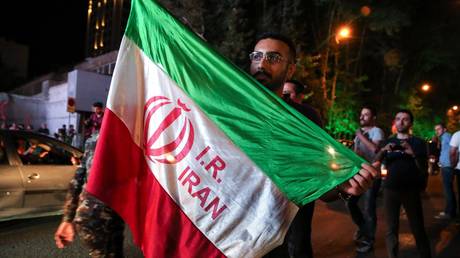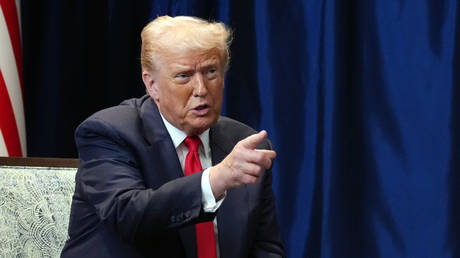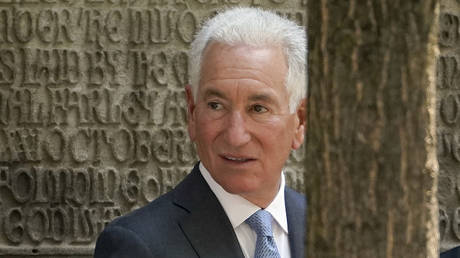
The principle of quickly restoring sanctions on Tehran must be dropped from any future nuclear talks, as the US has a bad record of keeping their commitments, an adviser to Iran’s Supreme Leader Ali Khamenei has said.
The 2015 agreement, known as the JCPOA, includes a so-called ‘snapback’ provision, meaning sanctions on Iran can be quickly brought back if the Islamic Republic violates the deal.
“From the beginning, the Leader was not satisfied with the issue of the snapback mechanism, and it was done against his will,” Khamenei’s adviser, Ali Akbar Velayati, said in an interview published on Khamenei’s official website.
“The Americans have such a bad track record of fulfilling commitments, so we have a right to be pessimistic, and if they return and resume the talks without fulfilling their previous commitments, it will not be acceptable at all,” he opined.
Velayati said Washington must lift all the sanctions “as soon as possible” and compensate Iran for the damage it has caused, if the US wants to return to the JCPOA.
Under the terms of the JCPOA, Iran agreed to drastically limit its nuclear program in exchange for the lifting of some of the international sanctions.
In 2018, US President Donald Trump unilaterally abandoned the agreement, accusing Iran of secretly violating it, and citing general distrust of the Islamic Republic. Iran insisted it had followed the accord, which was confirmed by the International Atomic Energy Agency at the time.
Washington nonetheless reimposed economic restrictions on Tehran and, over the years, has been ramping up its “maximum pressure” campaign against the country.
Iran responded by gradually reducing its commitments under the JCPOA. In January 2020, Foreign Minister Mohammad Javad Zarif said the country would drop all the restrictions on uranium enrichment that were proscribed under the deal.
During his election campaign, President-elect Joe Biden said that if Iran returned to “strict compliance with the nuclear deal,” the US would rejoin the JCPOA as a “starting point for follow-on negotiations.” However, Zarif said in December that Washington must fulfill its own “commitments” first.
Think your friends would be interested? Share this story!




